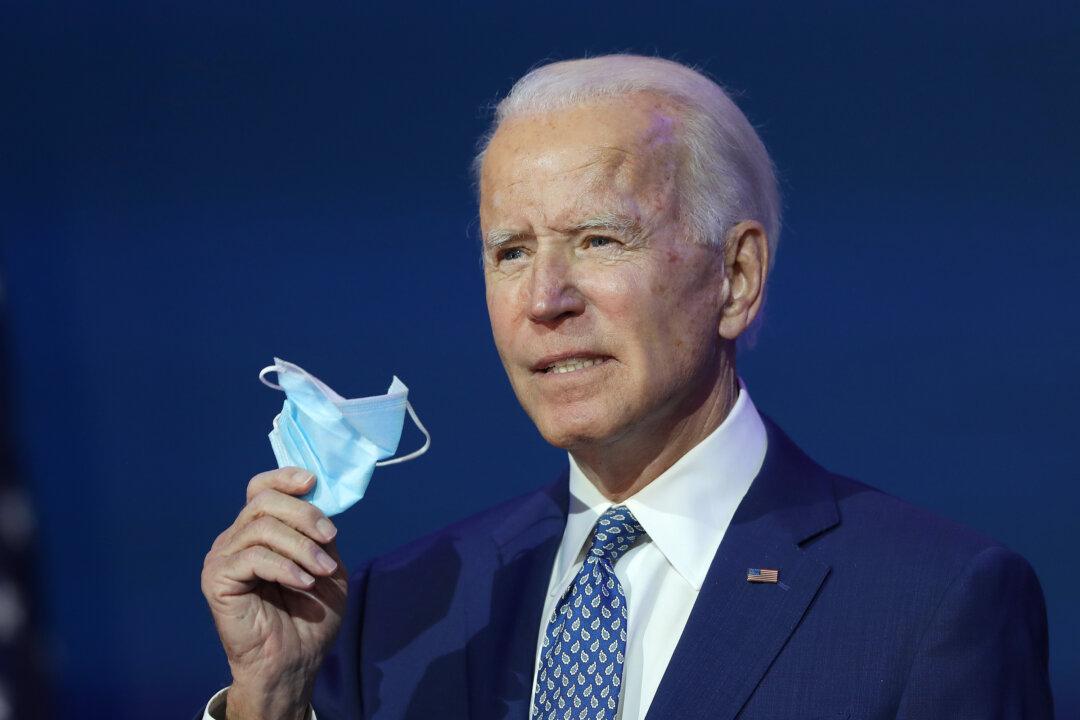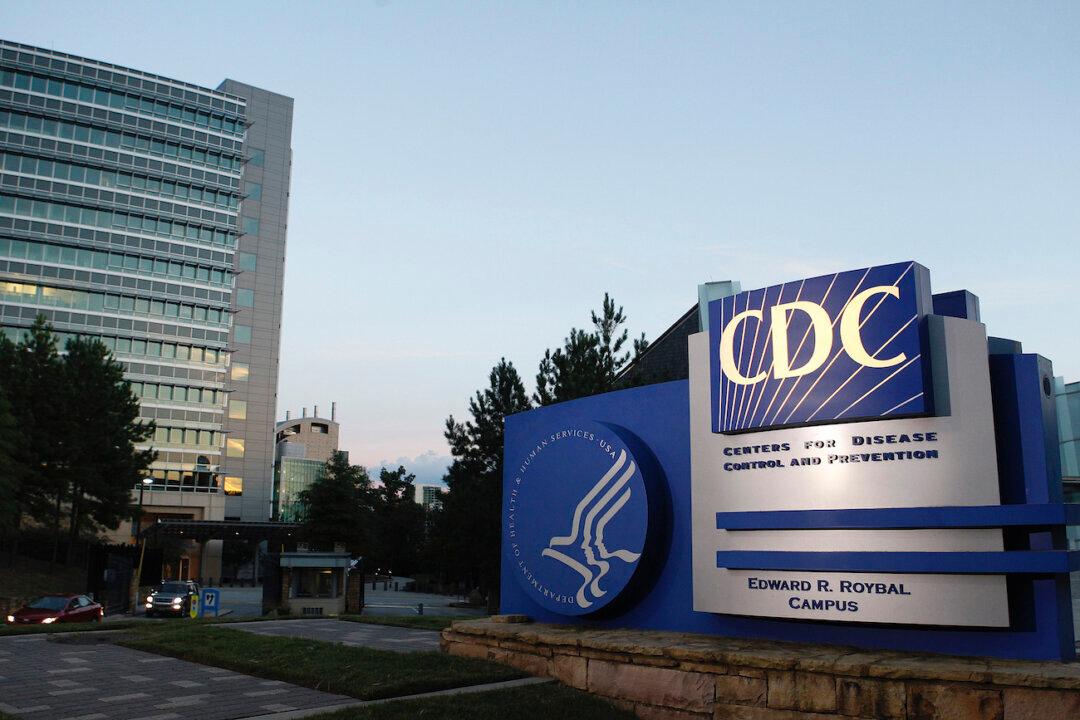Researchers at the University of Pittsburgh School of Medicine in Pennsylvania have developed a new drug aimed at neutralizing the CCP virus, according to a news release issued on Monday.
As indicated, the researchers were able to isolate an antibody that specifically targets the CCP (Chinese Communist Party) virus for neutralization. That antibody was then used to develop a drug, called Ab8, for its potential use against COVID-19.





